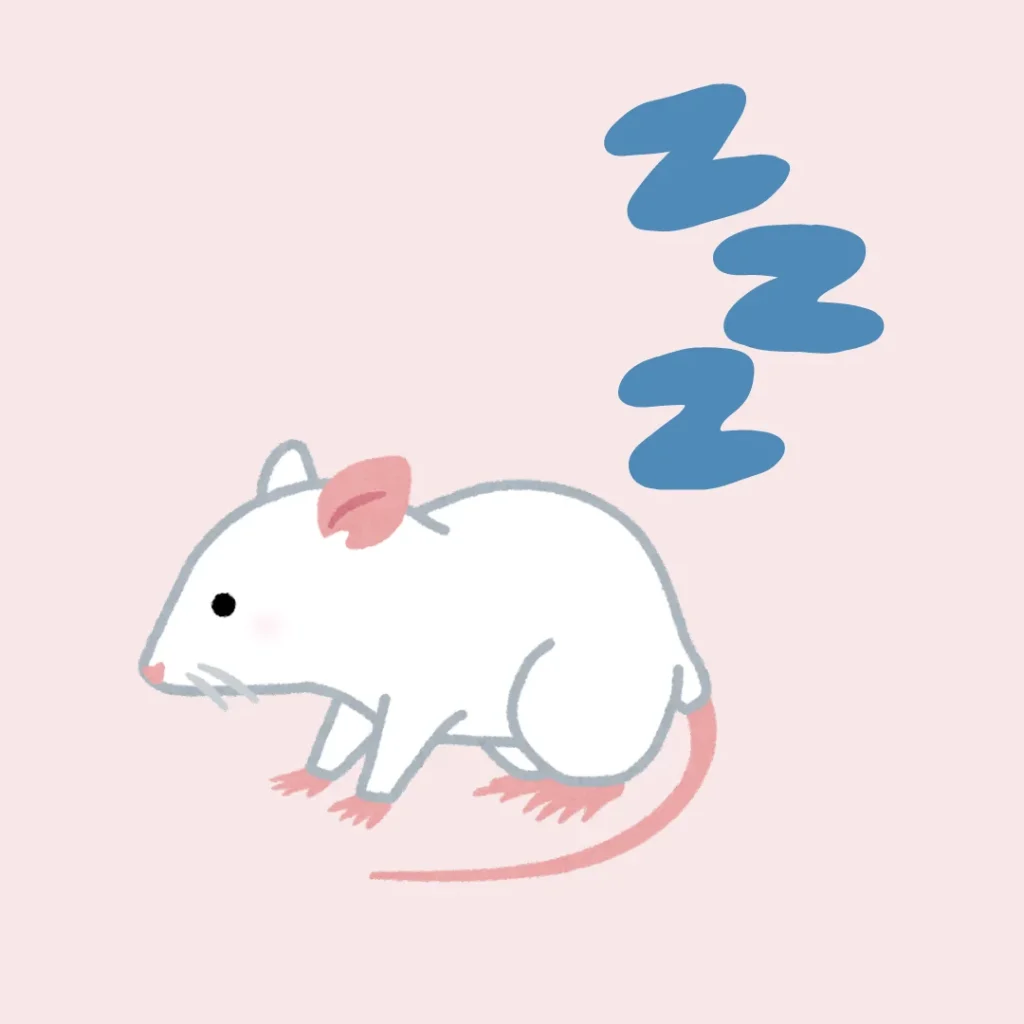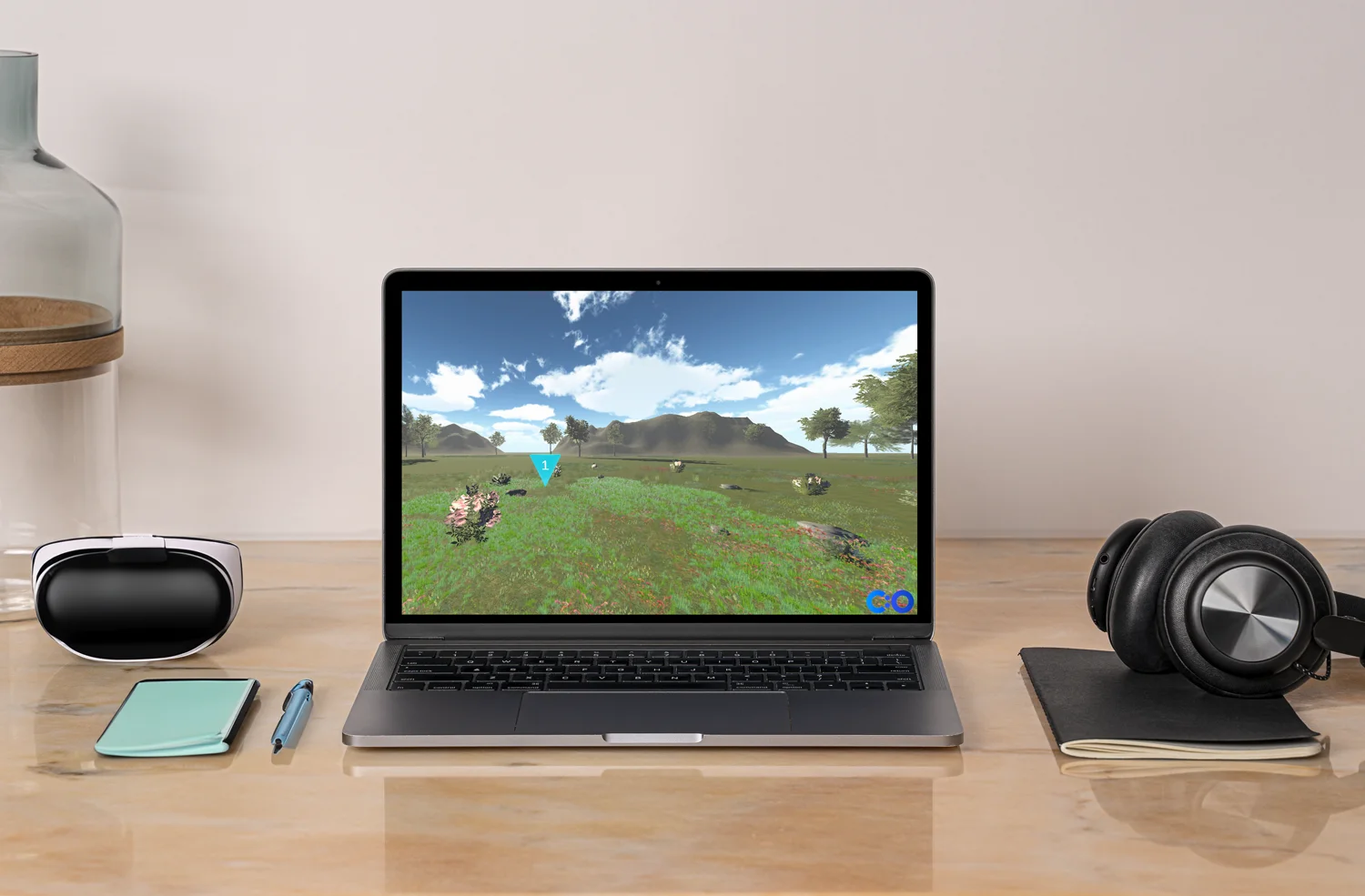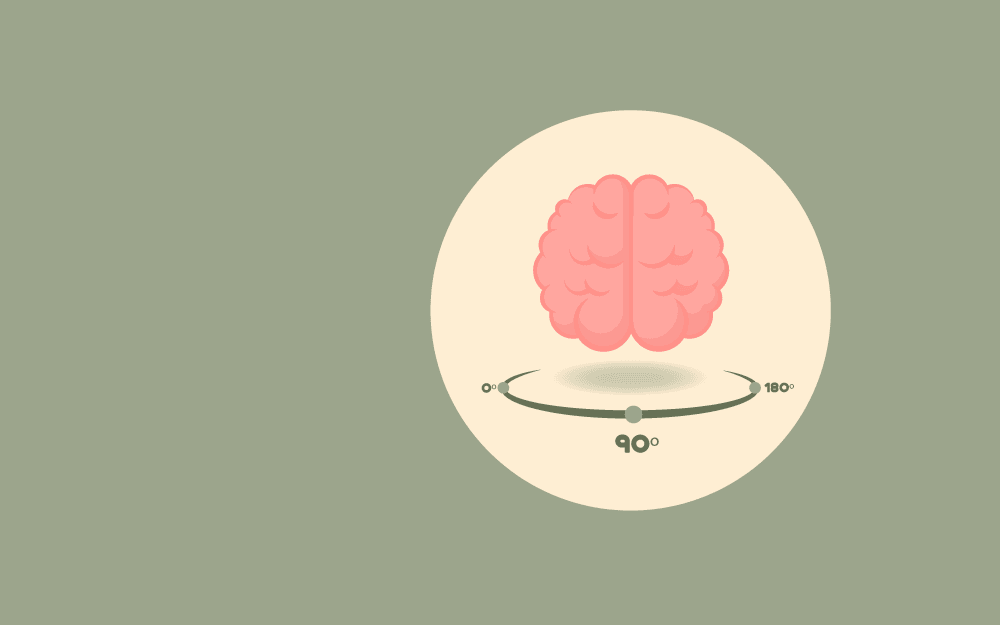

Sleep is vital for maintaining our physical and mental well-being, acting as the body’s natural way to recharge. A good night’s sleep boosts energy levels, enhances productivity, and helps the body fight off diseases. But what happens when sleep becomes fragmented? How does the disruption of this essential process impact our health?
Sleep is not just about resting; it’s a fundamental process that plays a critical role in maintaining overall health. When we are sleep-deprived, the consequences can be severe, ranging from high blood pressure and heart disease to diabetes and stroke. Other issues, such as obesity, depression, weakened immune function, and reduced libido, are also linked to chronic sleep deprivation. Clearly, uninterrupted sleep is crucial for sustaining a healthy body, mind, and brain.
Sleep fragmentation refers to the occurrence of brief interruptions in sleep that can significantly affect the quality of rest. Unlike total sleep deprivation, where sleep is completely absent, sleep fragmentation allows for sleep but disrupts it repeatedly throughout the night. These interruptions prevent the sleeper from reaching the deeper, restorative stages of sleep, leading to excessive daytime tiredness, cognitive impairment, and various health risks.
Scientific research has shown that sleep fragmentation can have serious consequences. For instance, it may increase the risk of obesity, glucose intolerance, diabetes, and chronic diseases associated with inflammation. Additionally, sleep fragmentation can impair learning and memory processes, making it essential to thoroughly investigate this sleep disorder.
Given the significant effects of sleep fragmentation, researchers have developed specific tools to study this phenomenon in controlled settings. Sleep fragmentation chambers are designed to induce brief awakenings in laboratory animals, such as mice and rats, allowing scientists to study the physiological and behavioral impacts of disrupted sleep.
Paradoxical sleep deprivation focuses on disrupting REM (rapid eye movement) sleep, a critical stage for cognitive functions like learning and memory. Villafuerte and his colleagues (2015) categorized multiple methods for achieving this:
Total sleep deprivation targets non-REM sleep stages, particularly slow-wave sleep, which is crucial for physical recovery. The methods include:
Sleep fragmentation chambers have been instrumental in advancing our understanding of the effects of sleep disruption. For example, Trammell, Verhulst, and Toth (2014) used a rotating disc method to study sleep disruption’s health impacts. Their research revealed that while mice could recover REM sleep, their slow-wave sleep remained compromised.
Another study by Dumaine and Ashley (2015) used an automated sleep fragmentation chamber to explore how different levels of sleep fragmentation affect cytokine gene expression in mice. They found that sleep disruption altered the expression of specific genes depending on the level of fragmentation.
Furthermore, research by Razizadeh and colleagues (2019) combined sleep fragmentation with voluntary exercise to study its effects on spatial learning and memory in female Wistar rats. Their findings highlighted the detrimental impact of sleep fragmentation on cognitive functions, though exercise appeared to mitigate some of the negative effects.
Sleep fragmentation is a critical area of study with significant implications for understanding various health conditions. The use of sleep fragmentation chambers in research has provided valuable insights into how disrupted sleep affects both physical and mental health. These chambers are essential tools for studying the complex relationships between sleep, cognition, and overall well-being.
Every aspect of waking life becomes more effortful, labored, and emotionally less fulfilling without adequate sleep. Sleep fragmentation, though less noticeable than complete sleep deprivation, can have profound effects on health and quality of life, making it a crucial focus for ongoing research.








Dr Louise Corscadden acts as Conduct Science’s Director of Science and Development and Academic Technology Transfer. Her background is in genetics, microbiology, neuroscience, and climate chemistry.
